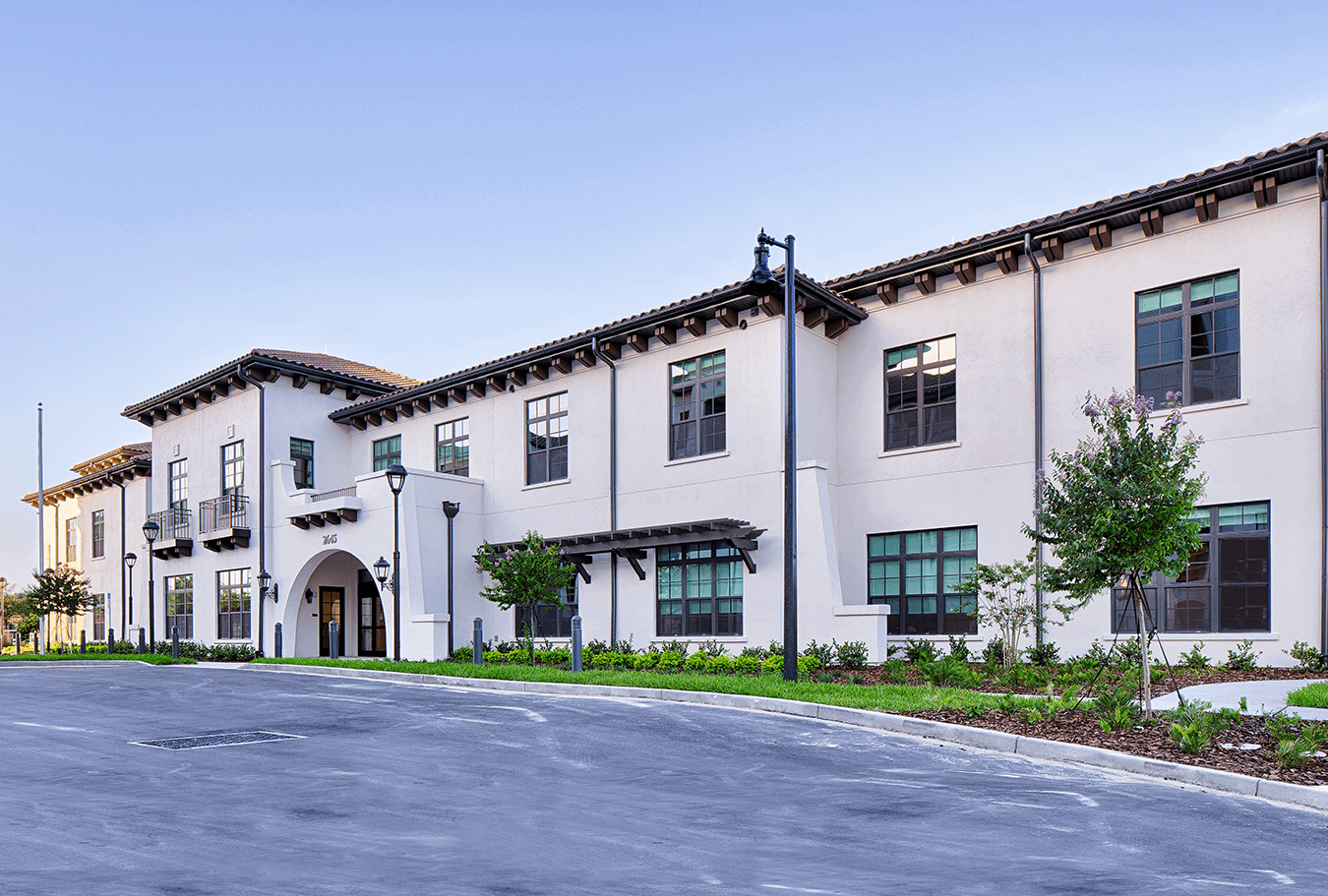Entering the senior year can be a transformative experience that presents new challenges and opportunities. Successfully navigating this phase requires a multifaceted well-being approach, ensuring that physical, emotional, and social needs are addressed. Engaging living environments exemplify the commitment to providing a holistic setting that enhances the quality of life for seniors. The following content outlines various strategies and benefits aimed at promoting a whole, vibrant life during these golden years.
Key Takeaways:
- Active lifestyles and proper nutrition significantly contribute to senior well-being.
- Continuous learning and social connectivity are essential for mental and emotional health.
- Supportive environments and financial stability provide security and peace of mind for seniors.
Table of Contents:
- Understanding Quality of Life for Seniors
- Physical Health and Activity
- Nutritional Wellness for Longevity
- The Role of Social Engagement
- Lifelong Learning and Mental Stimulation
- Emotional Health and Coping Mechanisms
- Financial Security and Peace of Mind
- Adapting to Changing Mobility and Health Needs
- Living Environments and Senior Needs
- Engagement with the Arts and Culture
Living Environments and Senior Needs
The choice of living environment is crucial as it directly impacts the quality of life for seniors. The environment in Westminster Baldwin Park supports seniors’ physical, emotional, and social needs and can significantly enhance their day-to-day experiences. Such settings offer not just safe and accessible physical spaces but also opportunities for community involvement, personal growth, and leisure—crucial elements for a satisfying and engaged life.
Understanding Quality of Life for Seniors
The quality of life for those in their senior years encompasses a spectrum of experiences and conditions that contribute to overall happiness and well-being. It is not just the absence of ailments but the presence of positive emotions, fulfilling relationships, and the ability to pursue interests and engage with the community. A senior’s quality of life is influenced by mobility, health status, and social networks. Effectively addressing these areas can lead to significant improvements in life satisfaction.
Physical Health and Activity
An active lifestyle is fundamental to maintaining physical health and mobility in senior years. Regular low-impact aerobic exercises such as walking or swimming can significantly contribute to maintaining cardiovascular health.
Nutritional Wellness for Longevity
Legitimate sustenance moreover plays an essential part within the maturing handle. Seniors require fewer calories due to a normally abating digestion system but need more of certain supplements like calcium and vitamin D to preserve bone well-being. Dieticians suggest that senior citizens devour different nourishments, counting verdant greens, natural products, incline proteins, and whole grains to meet dietary needs. Moreover, incorporating foods rich in omega-3 fatty acids, such as certain fish, can support brain health. Establishing and maintaining these dietary habits is critical to mitigating the effects of aging and enhancing quality of life.
The Role of Social Engagement
A solid social network is essential for seniors’ mental well-being and longevity. Engaging with friends, family, and community members can provide emotional support, a sense of belonging, and cognitive engagement. Moreover, being involved in social activities promotes a positive outlook and can prevent feelings of isolation and depression. According to research, older adults who maintain their social networks and make new friends are more likely to have better cognitive function and a lower risk of several diseases, including depression and high blood pressure.
Lifelong Learning and Mental Stimulation
Seniors’ mental health greatly depends on their pursuit of knowledge and ongoing education. Engaging in mentally stimulating activities such as taking adult education courses, learning a new language, or pursuing a new hobby can provide enjoyment and help maintain cognitive functions. These educational endeavors encourage a sense of accomplishment and can boost confidence. Being intellectually active can also create new social opportunities, enhancing one’s quality of life.
Positive stress-relieving activities include hobbies, mindfulness meditation, and maintaining a social life. Support from family, friends, and professional counseling services can also be instrumental in helping seniors navigate the emotional landscape of their lives.
Financial Security and Peace of Mind
Financial security in the senior years is a significant component of overall well-being. It allows for independence and the ability to engage in enjoyable activities without the burden of financial stress. Seniors need to clearly understand their financial situation and engage in planning to ensure that they can cover their needs and wants during retirement. Budget management, understanding social security benefits, and exploring additional income sources can contribute significantly to the peace of mind of anyone in the years of well-being.
Adapting to Changing Mobility and Health Needs
With aging comes the need for adaptation to changing health and mobility. Housing and living environments must accommodate these changes, emphasizing safety and accessibility. Technologies like medical alert systems and mobility aids are crucial in sustaining independence. Senior healthcare services prioritize managing chronic illnesses and taking preventative measures to maintain lifestyle quality.
Engagement with the Arts and Culture
Exposure to and engagement with the arts and culture provide many seniors with an invaluable source of enjoyment. Participating in creative endeavors such as painting, music, theater, or dance can be therapeutic and socially engaging. Furthermore, the arts contribute to cognitive health by challenging creativity and memory. The enrichment gained through these cultural experiences is another dimension of life that can significantly boost seniors’ spirits and overall well-being.
In conclusion, enhancing the quality of life in the senior years is a multifaceted pursuit involving physical health, emotional well-being, social connectivity, and financial stability. By cultivating a lifestyle encompassing these aspects, seniors can enjoy their golden years with greater satisfaction and joy. Senior healthcare services prioritize managing chronic illnesses and taking preventative measures, which are crucial for maintaining lifestyle quality.
